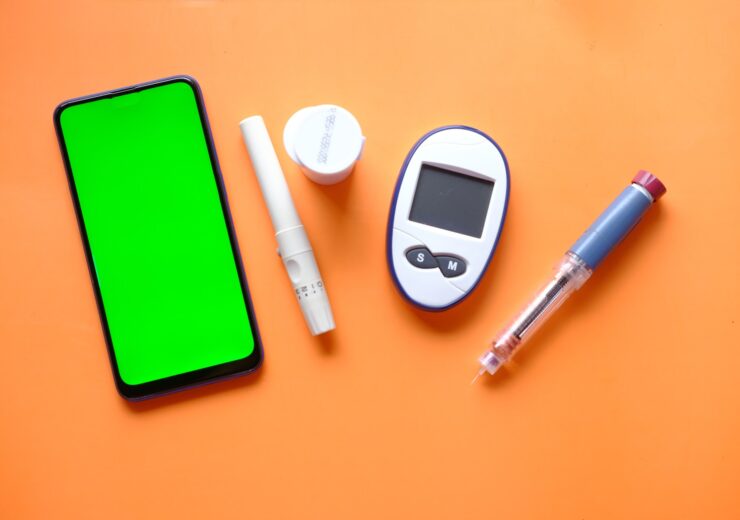Under the partnership, both parties will start a therapeutic nutrition program that will use data from CGM technology to understand how diabetes patients make informed decisions about their food and activity

Abbott is providing a $2.65m grant to the ADA to start a therapeutic nutrition programme for diabetes patients. (Credit: Towfiqu barbhuiya on Unsplash)
The American Diabetes Association (ADA) and Abbott have announced a new collaboration to evaluate the effects of continuous glucose monitoring (CGM) systems on people living with diabetes.
Under the partnership, both parties will start a therapeutic nutrition programme that will use data from CGM technology to understand how diabetes patients make informed decisions about their food and activity.
To facilitate the programme, Abbott is providing a $2.65m grant over the next three years to the American Diabetes Association, a nonprofit health organisation.
ADA will use the funds to partner with healthcare professionals and key opinion leaders to assess the use of CGM systems for personalised, therapeutic nutrition.
It will also roll out two pilot programmes for adults with Type 2 diabetes to understand the role of a CGM in personalised therapeutic nutrition.
ADA said that these programmes will use CGM data to understand how diabetes patients achieve their objectives, which include modifications to their nutritional intake and dietary habits.
The nonprofit health organisation will also collaborate with healthcare experts to review and assess the existing clinical evidence to evaluate the role of therapeutic nutrition using CGM data.
ADA CEO Charles Henderson said: “Personalised nutrition using CGMs has the potential to revolutionise diabetes management by providing individuals with more data and tools to manage their glucose levels, improve their quality of life, and reduce the risk of diabetes-related complications.”
Abbott’s CGM systems help people to manage their diabetes by offering personalised, real-time data on the effects of food and activity on glucose levels.
American Diabetes Association said that studies have demonstrated that CGMs enable diabetes patients to learn patterns. It also helps them to create a nutritional plan that offers steady glucose levels with the potential for improved clinical outcomes, like lowering A1C.
Abbott chairman and CEO Robert B. Ford said: “Abbott’s FreeStyle Libre technology can be a critical tool for all people living with diabetes, not only those on insulin.
“We look forward to working with the American Diabetes Association to gather further evidence to show how the technology we designed to be affordable and accessible can provide personalised insights to help people make informed decisions about their food and activity.”
